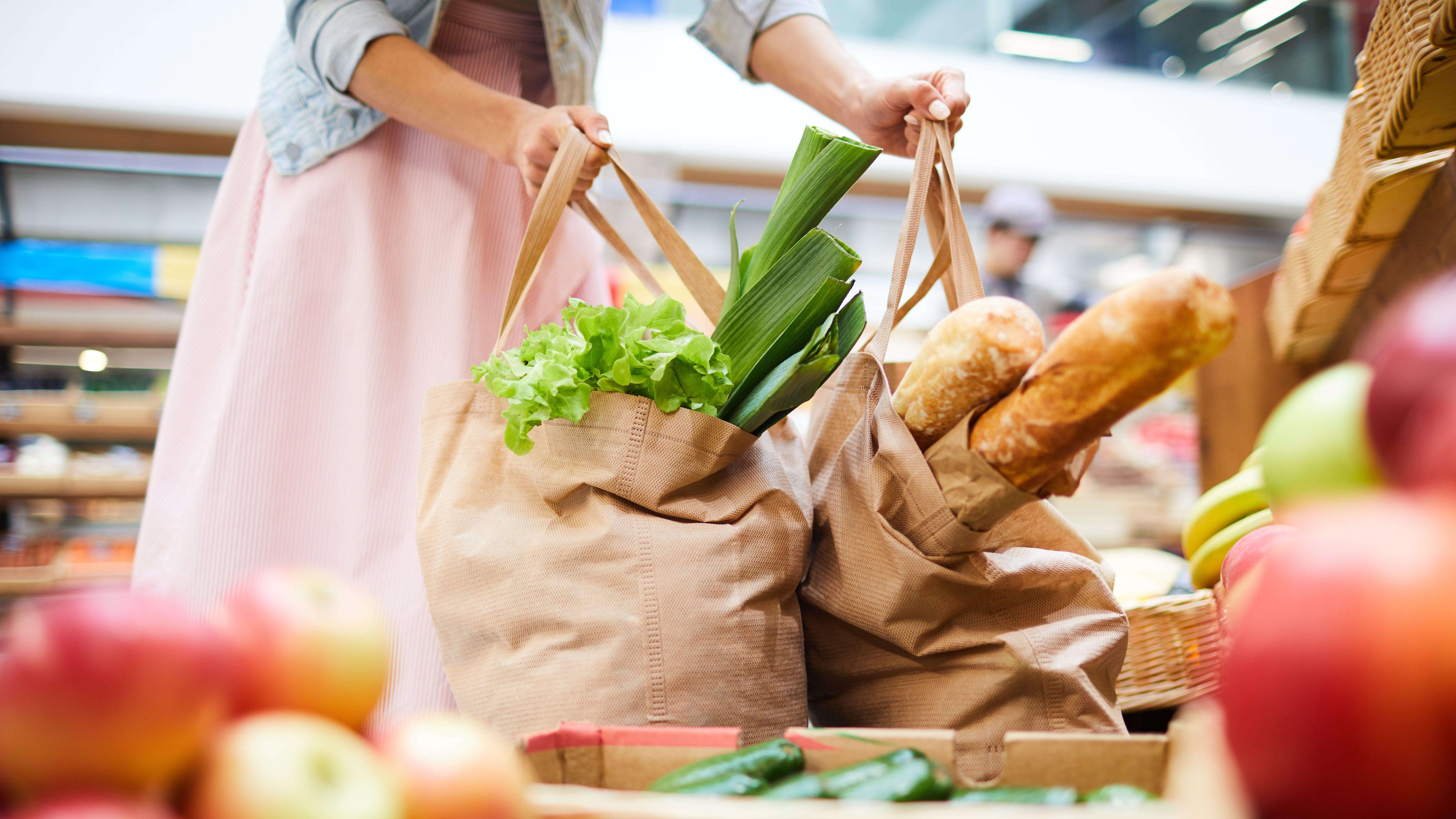What We Can Learn From Bon Appétit's Food Diaries
Beyond the scandalizing headlines are some useful tips for maintaining your food budget.
Talking about money is tricky. Certain generations grew up considering discussions about personal finances to be rude. Some people feel strange about admitting their wealth and instead will say that they grew up "comfortably," while others struggle to make it seem like they can afford things that they can't. So maybe that's why a headline like Bon Appétit's recent "How a 27-Year-Old Consultant Eats on $225K/Year in Washington, D.C." causes so many people to bristle.
As a journalist who makes roughly one quarter of that, I get the backlash. I don't particularly care what rich people are eating. But there are still some lessons to be learned from this column—as well as the previous one from the other end of the spectrum, "How a 24-Year-Old Waitress Eats on $18K a Year in Durham, NC"—that can be applied to any budget in any city.
Useful tips from Bon Appétit’s “The Receipt” column
Whether your weekly food budget is $200 or $2,000, it never hurts to cut costs where you can, especially amidst continually rising food costs. And when you combine the insights gleaned from the diaries of both a server with a salary of $18,000 and a consultant with a salary of $225,000, there are plenty of hacks to be found across the board.
- Cheap wine tastes just fine. Our 24-year-old server starts her week with a bottle of Woodbridge white wine (which typically goes for $6.99 a bottle) and slowly works through it with a glass or two before bed every night. "It's a good wine for how cheap it cost," she says, making the case for skipping the expensive bottle for your everyday wine.
- Opt for low-cost proteins. Whether you're ordering takeout from a place like Sweetgreen or grocery shopping for meals at home, you can get a protein boost from items like chickpeas and lentils without paying the premium cost of other proteins like meat or its plant-based substitutes.
- Add nutritional yeast to everything. We've sung the praises of nutritional yeast before, and this food diary was a nice reminder that if you keep the stuff on hand, you can sprinkle it on just about any dish to amp up the flavor and nutritional value of something as simple as a plate of vegetables.
- Let others buy you dinner. It's totally fine if a parent or your boyfriend wants to treat you! Never be worried about accepting an offer of free food to help offset costs.
- Dining out costs more than making grocery runs. This is an obvious one, but sometimes it's important to see the numbers. Our server went on four grocery runs and paid for eight different out-of-the-house meals, out compared to our consultant, who went on one grocery run and dined at 12 restaurants—the latter spent nearly 10 times more.
- Make your fancy coffee at home. Where our consultant does save money is on her daily coffee bill. Instead of grabbing a daily Starbucks, which really adds up, she invested in an espresso machine so she could get her Americano fix at home. Whether you purchase an elaborate machine or go simple with a Moka pot, if you're a big enough espresso drinker, it will pay for itself in no time.
- Eat seasonally. If you're buying produce out of season, there's a higher chance that you'll be disappointed with the price and quality of your haul. Buying in-season fruit and veggies is not only cheaper because of abundance, but you have a better chance of fully enjoying what you buy.
- Be a regular. Being loyal to a neighborhood spot pays off. Our consultant gets treated with a glass of champagne upon arrival at her favorite restaurant, and there are often other perks to frequenting the same establishments when you do dine out.
- It's worth splurging on things you love. If you have the means to spend $400 at a restaurant on a truly memorable meal, or you can budget for a daily $5 kombucha because you enjoy your "silly little beverages," then do it! Food should be fun and enjoyable, and it's okay to spend on purchases that keep that joy alive. There are far worse things to be spending money on than delicious food.
